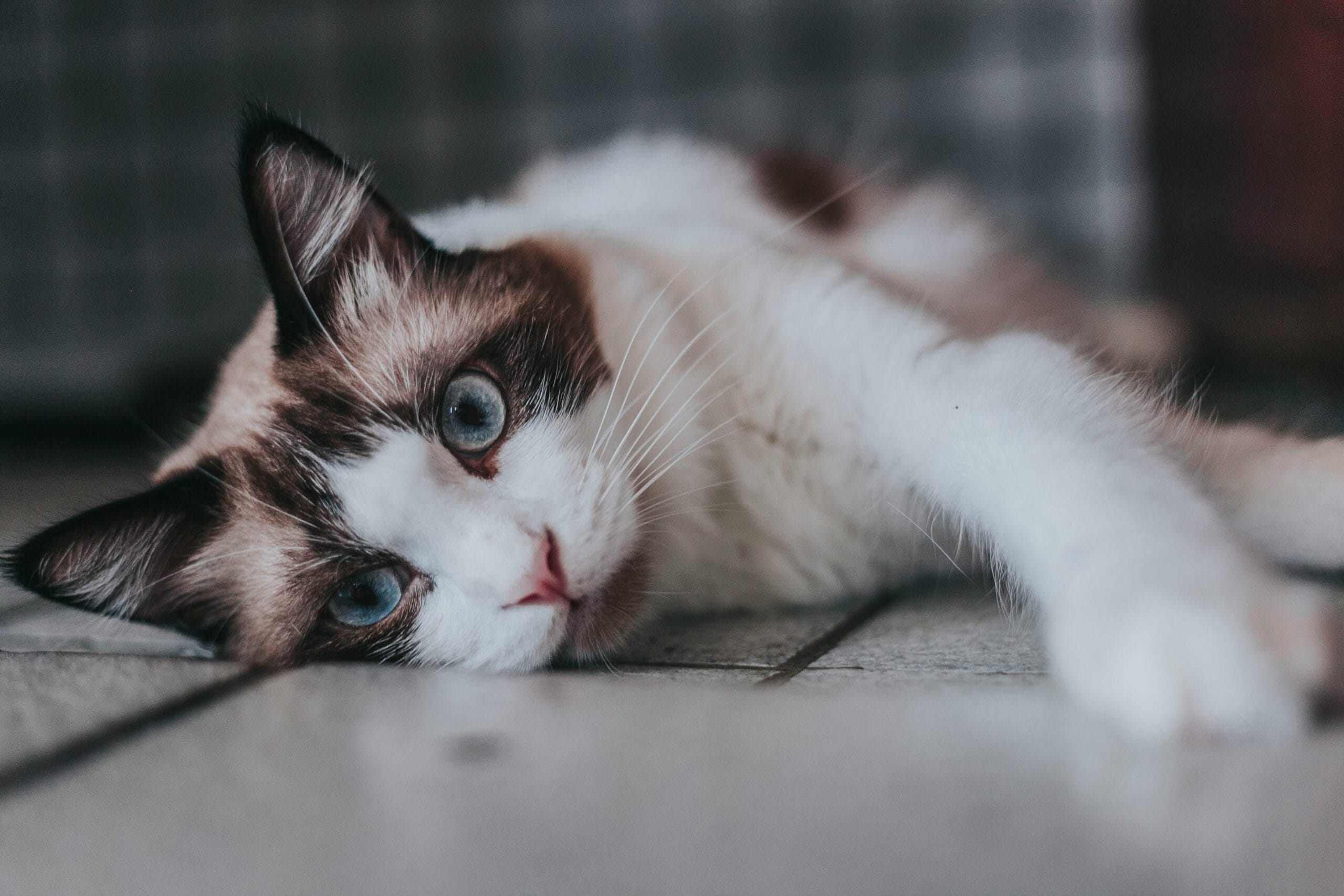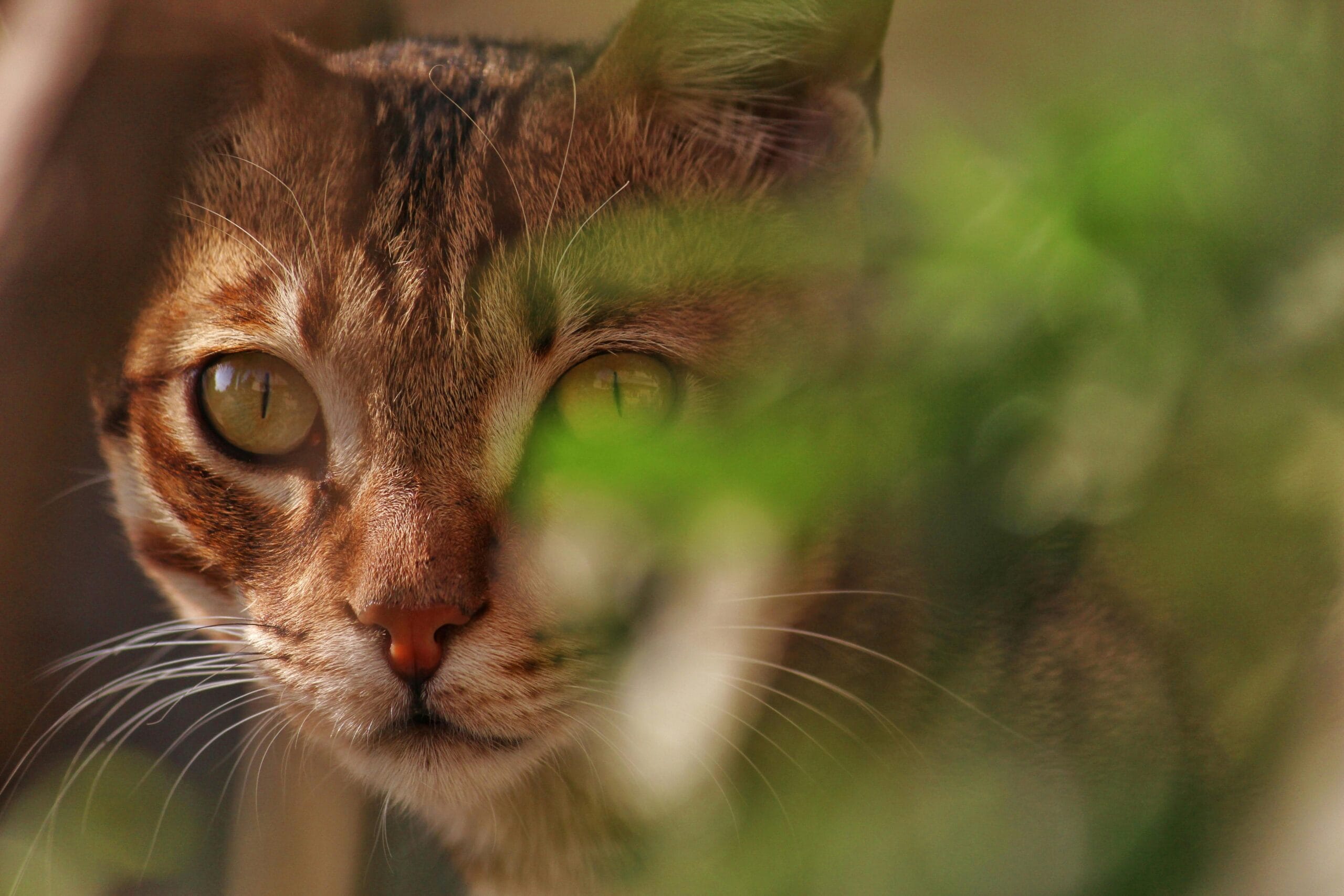Are Maine Coon Cats Hypoallergenic? Discover the truth about Maine Coon cat allergies and hypoallergenic cat breeds. Find out if a Maine Coon is right for you! Learn more now.
Are Maine Coon Cats Hypoallergenic? Unraveling the Truth
The majestic Maine Coon, with its impressive size and luxurious fur, is a dream cat for many. But for those with allergies, the question “Are Maine Coon Cats Hypoallergenic?” is paramount. The simple answer is no, Maine Coons are not truly hypoallergenic. However, the reality is more nuanced than a simple yes or no. Understanding the complexities of feline allergies and the specific traits of Maine Coons can help prospective owners make informed decisions.
Understanding Maine Coon Cat Allergies
Before diving into the specifics of Maine Coons, let’s clarify what causes cat allergies. Cat allergies aren’t triggered by fur itself, but by a protein called Fel d 1, found in the cat’s saliva, urine, and sebaceous glands (oil glands in the skin). This protein attaches to dander (dead skin cells), which then becomes airborne. When someone allergic to cats inhales this dander containing Fel d 1, their immune system overreacts, causing allergy symptoms.
The amount of Fel d 1 a cat produces varies greatly between breeds and even individual cats. While no cat is truly hypoallergenic, some breeds produce less Fel d 1 than others. This lower production doesn’t eliminate the allergen entirely, but it can significantly reduce the severity of allergic reactions in some individuals. This is why some people report fewer allergy symptoms around certain breeds like those often classified among the so called hypoallergenic cat breeds.
Do Maine Coons Shed Less Than Other Breeds?
Maine Coons are known for their long, thick coats. This luxurious fur often leads people to believe they might shed less than other breeds, potentially leading to fewer allergens. While Maine Coons do shed, their shedding isn’t necessarily less than many other long-haired breeds. Their thick undercoat does shed seasonally, requiring regular brushing to manage the loose fur. This is important, as regular brushing can help remove some of the Fel d 1-laden dander before it becomes airborne. Failing to brush a Maine Coon can actually exacerbate allergy problems.
For comparison, consider the shedding habits of other breeds. For example, you might be curious about the shedding patterns of Bengals: check out our article on “https://themonstercat.com/do-bengal-kittens-shed/” for more information.
The Myth of Hypoallergenic Cats
The term “hypoallergenic cat” is often misleading. No cat breed is completely allergen-free. The idea of hypoallergenic cat breeds stems from the fact that some breeds produce less Fel d 1, leading to milder reactions in some people. However, the severity of allergic reactions varies greatly depending on the individual’s sensitivity, the amount of Fel d 1 produced by the cat, and the environment.
Even if you’re considering breeds often mentioned in discussions of hypoallergenic cats, such as Persians (learn more about their potential for allergies here: https://themonstercat.com/are-persian-kittens-hypoallergenic/), it’s crucial to remember that individual cats can still vary greatly in Fel d 1 production.
Maine Coons and Allergies: A Case-by-Case Basis
Ultimately, whether or not you’ll have an allergic reaction to a Maine Coon is an individual matter. Some people with severe cat allergies may still experience significant symptoms around a Maine Coon, even with regular grooming. Others with milder allergies might find that they tolerate a Maine Coon relatively well. The only way to know for sure is to spend time around a Maine Coon, ideally for an extended period, to assess your personal reaction.
Managing Allergies with a Maine Coon
If you’re determined to share your home with a magnificent Maine Coon despite having allergies, several strategies can help minimize your symptoms:
- Regular grooming: Brushing your Maine Coon frequently will remove loose fur and dander, reducing the amount of Fel d 1 in your home.
- Air purifiers: HEPA air purifiers can help remove allergens from the air.
- Frequent cleaning: Regular cleaning of your home, including vacuuming and washing bedding, will remove dander and other allergens.
- Allergy medication: Consult your doctor about allergy medication to help manage your symptoms.
Remember, the cost of a Maine Coon kitten can vary depending on lineage and breeder, and these factors can impact the price significantly. If you are considering the financial commitment, check out resources like “https://themonstercat.com/how-much-does-a-maine-coon-cat-cost/” or “https://themonstercat.com/how-much-is-a-maine-coon-cat/”.
Considering Alternatives
If your allergies are severe, you may need to consider other pet options altogether. While the desire for a Maine Coon is understandable, prioritizing your health is crucial. This might mean exploring other breeds often mentioned in relation to hypoallergenic cat breeds, though, again, there are no guarantees.
Understanding your own allergies is paramount. The American Academy of Allergy, Asthma & Immunology (AAAAI) provides excellent resources on allergies: [link to AAAAI webpage on cat allergies – replace with actual link]. Their website contains invaluable information that complements this article.
The Importance of a Trial Period
Before committing to a Maine Coon, spend time with one, if possible. Observe your reaction and consider consulting with an allergist to conduct allergy testing specific to cats, particularly if your allergies are severe. This proactive approach can prevent disappointment and ensure your well-being.
Many cat owners find that certain behaviors, like a kitten’s excessive purring, can be a source of wonder and sometimes concern. If you have a kitten and are curious about its purring habits, you might find our article on “https://themonstercat.com/why-does-my-4-month-old-cat-purr-so-much/” informative.
Conclusion: Are Maine Coons Right for You?
In conclusion, the answer to “Are Maine Coon Cats Hypoallergenic?” is a definitive no, but it’s not a simple black-and-white issue. The severity of allergic reactions to Maine Coons varies greatly from person to person. Careful consideration of your allergies, regular grooming, and proactive allergy management are essential if you’re determined to own this stunning breed. Always consult an allergist before bringing any pet into a home with allergy sufferers. Remember that responsible pet ownership requires prioritizing both your health and the well-being of your feline companion.
PetMD also offers additional insights into cat allergies and management strategies: [link to PetMD article on cat allergies – replace with actual link]
Share Your Experience!
Have you lived with a Maine Coon despite having allergies? Share your experiences and tips in the comments below! Let’s help others make informed decisions about whether or not a majestic Maine Coon is the right addition to their family, especially considering Maine Coon cat allergies and hypoallergenic cat breeds.

Frequently Asked Questions: Are Maine Coon Cats Hypoallergenic?
- 1. Are Maine Coon cats hypoallergenic?
- No, Maine Coon cats are not hypoallergenic. While some people with allergies may experience milder reactions, they still produce Fel d 1, the main allergen in cat saliva and dander, making them unsuitable for those with severe cat allergies.
- 2. Why do some people with cat allergies tolerate Maine Coons better?
- The severity of a Maine Coon cat allergy reaction varies. Some individuals might experience less severe symptoms due to factors like the amount of time spent with the cat, individual allergen sensitivity, and the cat’s grooming habits. This doesn’t mean they are hypoallergenic, though.
- 3. What causes Maine Coon cat allergies?
- Maine Coon cat allergies, like allergies to other cats, are caused by the Fel d 1 protein found in their saliva and dander (dead skin cells). This protein is spread through grooming and shed fur.
- 4. Are there any truly hypoallergenic cat breeds?
- While no cat breed is entirely hypoallergenic, some breeds produce less Fel d 1 than others, potentially leading to milder reactions in sensitive individuals. Researching hypoallergenic cat breeds might help find a cat better suited for allergy sufferers.
- 5. How can I reduce the risk of Maine Coon cat allergies?
- Regular grooming of your Maine Coon can reduce the amount of dander in your home. Maintaining a clean environment, including frequent vacuuming and air filtration, can also lessen the exposure to allergens.
- 6. My doctor says I’m allergic to cats. Can I still get a Maine Coon?
- If you have a severe allergy to cats, it’s best to avoid getting a Maine Coon. Even with mitigation strategies, exposure to Fel d 1 could trigger significant allergic reactions. Consider spending time with a Maine Coon before committing to ownership to assess your reaction.
- 7. What are the symptoms of Maine Coon cat allergies?
- Symptoms of Maine Coon cat allergies can range from mild sneezing and watery eyes to more severe reactions including skin rashes, breathing difficulties, and hives. If you experience any allergic symptoms, consult a doctor.
- 8. Are there any tests to determine if I’m allergic to Maine Coons?
- Yes, allergy tests, such as skin prick tests or blood tests, can determine your sensitivity to cat allergens, including those from Maine Coons. These tests can help you understand the severity of your potential reaction.
- 9. What are some good hypoallergenic cat breeds to consider as alternatives?
- Some breeds often cited as producing less Fel d 1 include Siberian cats, Bengal cats, and Sphynx cats. However, remember that even these breeds can trigger allergies in some individuals. Always research and interact with the cat before adopting.
- 10. Can I reduce my Maine Coon Cat Allergies with medication?
- Allergy medications, such as antihistamines or nasal sprays, can help manage the symptoms of Maine Coon cat allergies, but they don’t eliminate the allergen. Consult an allergist for personalized advice.

Are Maine Coon Cats Hypoallergenic? A Practical Guide
The question, “Are Maine Coons hypoallergenic?” is a common one for potential owners. The short answer is: no cat is truly hypoallergenic. However, some breeds produce less Fel d 1, the main allergen in cat saliva and dander, making them a better choice for some people with allergies. Maine Coons, while not hypoallergenic, often produce less Fel d 1 than other breeds. This means that individuals sensitive to cats might experience milder allergic reactions or fewer symptoms around a Maine Coon compared to other breeds. It’s crucial to remember that individual cat’s allergen production varies, and a person’s reaction can depend on the severity of their allergy and exposure level.
Before bringing a Maine Coon into your home, it’s vital to consider the financial commitment involved. Learning how much a Maine Coon cat costs is a critical first step. This can vary significantly depending on the breeder, lineage, and kitten’s characteristics. For a more comprehensive look at the costs, check out our articles on how much a Maine Coon cat costs and how much Maine Coons cost. Understanding these costs will help you budget appropriately and ensure your new furry friend receives proper care.
Another factor to consider when choosing a cat breed is shedding. While Maine Coons are known for their luxurious coats, the extent of shedding can vary. Regular grooming is essential to manage the shedding and reduce the amount of allergens circulating in your home. Compare this to other breeds like Bengals; their shedding habits are quite different. To understand more about shedding in other breeds, you might find this article helpful: Do Bengal kittens shed?
Even if you choose a Maine Coon believing they are a better choice for your allergies, it’s advisable to spend time with a Maine Coon before committing to ownership. This allows you to assess your personal reaction to the cat. This is a crucial step to avoid future complications. Also, remember that even with less allergen production, regular cleaning, frequent vacuuming, and air purifiers can significantly reduce the allergen levels in your home. This preventative approach can be particularly helpful for managing allergies regardless of the cat breed.
Finally, while not directly related to allergies, understanding your cat’s behavior is always a plus. A cat’s purring can be a source of comfort and joy for owners. To learn more about the reasons behind a kitten’s purring, especially in younger cats, you may find this interesting: Why does my 4-month-old cat purr so much? This is only one example of the many behaviors you’ll encounter. Careful consideration of all these factors will help you determine if a Maine Coon is the right choice for you and your family, despite them not being truly hypoallergenic.
The information provided here is for general knowledge and shouldn’t replace professional advice from an allergist or veterinarian.

Are Maine Coon Cats Hypoallergenic, Maine Coon Cat Allergies, Hypoallergenic Cat Breeds